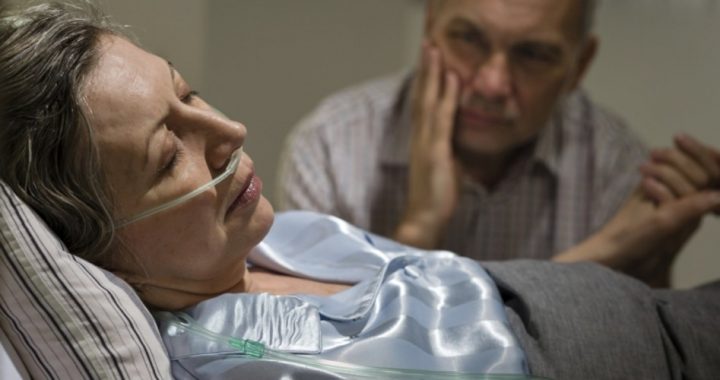
Medical doctors may be wrong in up to 40 percent of patients they diagnose as being in an irreversible coma, and a new study shows that some high-tech brain scans are finding brain activity where doctors had said little or none existed.
According to the study by the Coma Science Group at the Université de Liège in Belgium, a three-dimensional brain imaging technique called positron emission tomography (PET) revealed brain activity in many patients who had been diagnosed as in a “persistent vegetative state.”
“The consequences are huge,” lead researcher Dr. Steven Laureys told Maclean’s magazine. “These patients have emotions; they may feel pain. Studies have shown they have a better outcome [than vegetative patients]. Distinguishing between unconscious, and a little bit conscious, is very important.”
The New York Times reported that the study, published in the medical journal The Lancet, found that “significant number of people labeled vegetative had received an incorrect diagnosis and actually had some degree of consciousness and the potential to improve.”
Maclean’s reported that the the study used both the PET scan as well as a specialized MRI, “to examine 126 patients with severe brain injury: 41 of them vegetative, four locked-in (a rare condition in which patients are fully conscious and aware, yet completely paralyzed from head-to-toe), and another 81 who were minimally conscious. After finding that 13 of 42 vegetative patients showed brain activity indicating minimal consciousness, they re-examined them a year later. By then, nine of the 13 had improved, and progressed into a minimally conscious state or higher.”
Laureys told the Washington Post that often “there’s more going on [in the brain] than we thought.” He added that “we can’t make ethical or medical or legal decisions which are right if we’re not having good diagnoses.”
In a statement Laureys said that PET imaging, which thus far is not widely available in most hospitals, “can reveal cognitive processes that aren’t visible through traditional bedside tests, and could substantially complement standard behavioral assessments to identify unresponsive or ‘vegetative’ patients who have the potential for long-term recovery.”



